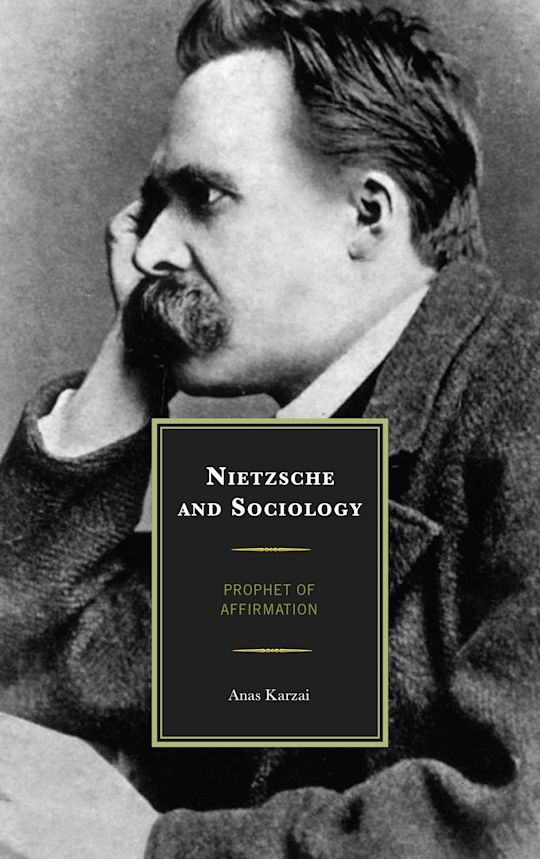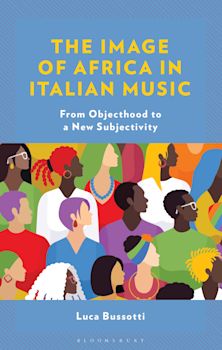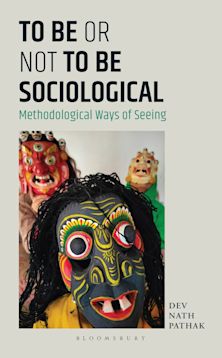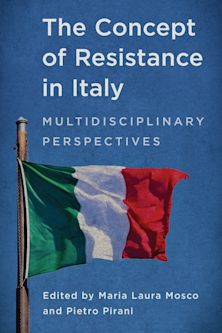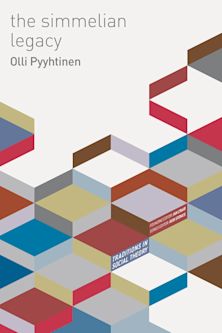- Home
- ACADEMIC
- Sociology
- Social Theory
- Nietzsche and Sociology
This product is usually dispatched within 10-14 days
- Delivery and returns info
-
Free UK delivery on orders £30 or over
You must sign in to add this item to your wishlist. Please sign in or create an account
Description
Nietzsche and Sociology: Prophet of Affirmation is about Friedrich Nietzsche’s sociological reading of modern industrial society. Nietzsche is often identified as a philosopher but his uniquely sociological theories and ideas have been disregarded and unacknowledged in the social sciences. This work examines the reasons why Nietzsche has been ignored in sociological literature despite the evidence that most classical and modern sociological thinkers have been profoundly influenced by him. This book argues that the discipline of sociology would benefit by seriously considering the sociological elements in Nietzsche’s prolific work as a way of reevaluating not only the tradition of sociology, but also the sociology of tradition. His major contributions on rethinking traditional sociological theories and concepts in terms of their moral origins make it impossible for the social sciences to continue overlooking Nietzsche as a critical sociological thinker.
His conception of non-economic power has become progressively more salient. Given the current juncture of humanity on the brink, Nietzsche’s affirmative philosophy of life is a breath of fresh air. He remains an intellectual force to be reckoned with and may just be the remedy to our present civilizational malaise.
Table of Contents
Acknowledgments
Nietzsche's Life and Thought
Introduction
Part I: Nietzsche's Influence on Modern Social Theory
Chapter 1 From Genealogy to Biopower: Michel Foucault (1926–84)
Chapter 2 On Negative Dialectics and Genealogy: Theodor W. Adorno (1903–69)
Chapter 3 From the Protestant Work Ethic to the Iron Cage of Modernity: Max Weber (1864–1920)
Part II: Nietzsche and Other Sociologists
Chapter 4 Nietzsche and Marx on the Limits of Enlightenment
Chapter 5 The Ascetic Sociologists: The Case of Comte and Durkheim
Part III: Nietzsche on Culture
Chapter 6 The Sociology of Culture
Chapter 7 The Sociology of Politics and History
Chapter 8 The Sociology of Knowledge
Conclusion: Toward an Affirmative Thought for Life
Bibliography
Product details
| Published | 18 Apr 2019 |
|---|---|
| Format | Hardback |
| Edition | 1st |
| Extent | 248 |
| ISBN | 9780739150511 |
| Imprint | Lexington Books |
| Dimensions | 229 x 162 mm |
| Publisher | Bloomsbury Publishing |
About the contributors
Reviews
-
In this turbulent time in which the death of the social reveals itself in the form of increasingly violent spasms of racialized hatred and bitter cultural divisions, what could be more timely than Anas Karzai’s important reflections on Nietzsche as a “prophet of affirmation” charting a pathway of thought and practice through the complicated history that is the twenty-first century? Here, the affirmative thought of Nietzsche is traced in its full dimensions, a critically engaged and eloquently written story that follows a brilliant trajectory from Comte and Durkheim to those other affirmative thinkers of modern times—Foucault, Adorno and Weber.
Arthur Kroker, is author of, among others, The Will to Technology: Nietzsche, Heidegger, Marx, Body Drift and Exits to the Posthuman Future

ONLINE RESOURCES
Bloomsbury Collections
This book is available on Bloomsbury Collections where your library has access.









